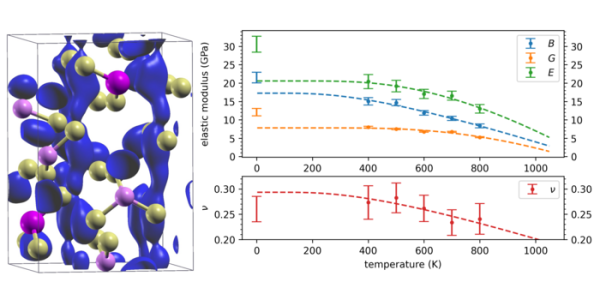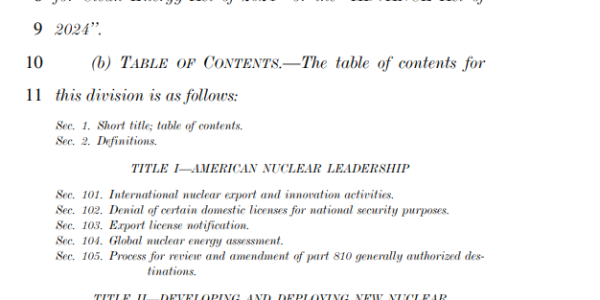A recent study found that a virtual reality experience is able to reduce stress among COVID-19 frontline healthcare workers.
Healthcare is never the calmest field. The pay is good but the COVID-19 pandemic added to stress substantially. While virtual food can never take the place of real food, virtual stress relief might be as good as a walk in the park. The experiments used 102 recruits from three COVID-19 units located in the United States, adults aged 18 years and older who could read and speak in English and were currently employed by the healthcare system. It involved viewiing a 360-degree video capture of a lush, green nature preserve with an Oculus Go or Pico G2 4K head-mounted display.

Credit: Matthew Love, CC-BY 4.0 (https://creativecommons.org/licenses/by/4.0/)
Eighty-four (82.4%) participants reported providing direct patient care, 73 (71.6%) identified as women, 49 (48.0%) were between the ages of 25–34 years old, and 35 (34.3%) had prior experience with VR. Prior to viewing the simulation, participants completed a brief demographic questionnaire and the visual analogue scale to rate their subjective stress on a 10-point scale, with 1 = ‘Not at all stressed’ to 10 = ‘Extremely stressed.’ The authors then conducted paired t-tests to examine pre- and post-simulation changes in subjective stress as well as Kruskal-Wallis tests and Mann-Whitney U tests to examine differences by demographic variables.
The authors declared with statistical significance a reduction in subjective stress scores from pre- to post-simulation (mean change = -2.2±1.7, t = 12.749, p .001) indicating a very large effect. Further, only four (3.9%) participants met the cutoff for high stress after the simulation. Post-simulations scores did not differ by provider type, age range, gender, or prior experience with virtual reality.
Citation: Beverly E, Hommema L, Coates K, Duncan G, Gable B, Gutman T, et al. (2022) A tranquil virtual reality experience to reduce subjective stress among COVID-19 frontline healthcare workers. PLoS ONE 17(2): e0262703. https://doi.org/10.1371/journal.pone.0262703



